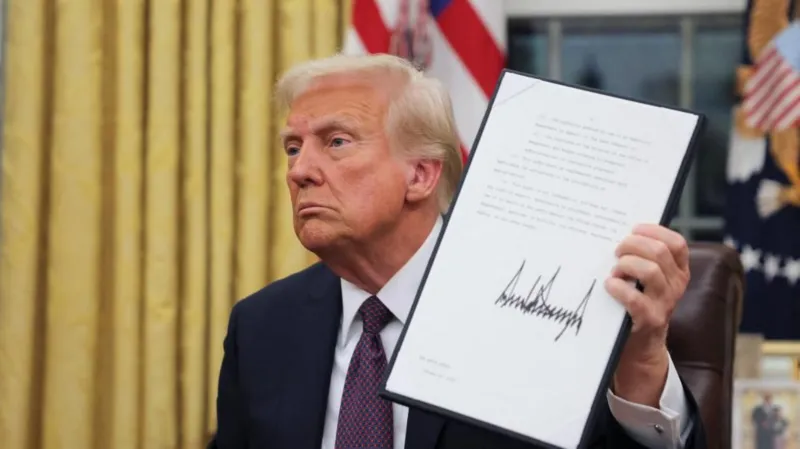In a significant political development, Tulip Siddiq, the British Labour Party MP for Hampstead and Kilburn, has announced her resignation from her position as Treasury Minister. Siddiq’s decision has been met with both surprise and speculation, particularly due to her previously strong standing within the Labour Party and her commitment to public service. Her resignation marks a pivotal moment in her political career, with implications for both the party and the current government.
Siddiq’s resignation comes at a time when the Labour Party is facing heightened scrutiny over economic policies and leadership within the opposition. As a well-respected figure in the party, Siddiq’s departure from her Treasury role raises questions about the internal dynamics within Labour and its direction under the leadership of Sir Keir Starmer. Known for her advocacy on issues like social justice, poverty reduction, and progressive taxation, Siddiq’s tenure as Treasury Minister had positioned her as a key voice in shaping Labour’s economic agenda.
In her resignation statement, Siddiq expressed her gratitude for the opportunity to serve as a part of the Treasury team but cited personal reasons for her decision to step down. Although her statement did not offer specific details about the personal factors influencing her departure, it is widely speculated that Siddiq’s move could be driven by a combination of professional discontent and personal considerations. Her resignation comes amid internal tensions within the Labour Party, with some members criticizing the leadership’s approach to certain economic policies and its overall strategy for the upcoming general elections.
While some have interpreted her decision as a blow to the party’s leadership, others have speculated that Siddiq may be positioning herself for a new role or career path, potentially in a different political capacity or in public service. Her resignation will undoubtedly raise questions about the future of Labour’s economic policies and whether a shake-up in the party’s Treasury team will occur.
Siddiq’s political career has been marked by her deep commitment to her constituents and her strong stance on key social issues. Her departure from the Treasury Ministerial role will likely have an impact on her standing within the Labour Party, as she has been one of the most prominent figures in the shadow cabinet. Her resignation could be indicative of broader tensions within the Labour Party over economic direction and leadership style.
The Labour Party has yet to comment extensively on Siddiq’s resignation, but party sources have acknowledged the challenges of maintaining unity and focus ahead of what is expected to be a highly contentious general election. The resignation of Siddiq, a senior and influential figure within Labour, is likely to have ripple effects throughout the party’s efforts to solidify its position as a credible alternative to the ruling Conservative government.
As the Labour Party looks to regroup and move forward, the question remains whether Siddiq’s resignation will mark the beginning of a series of departures or if it is an isolated incident driven by personal circumstances. In the coming days, political analysts will be closely monitoring the Labour Party’s response to this development and the impact it may have on its public image and electoral prospects.




















